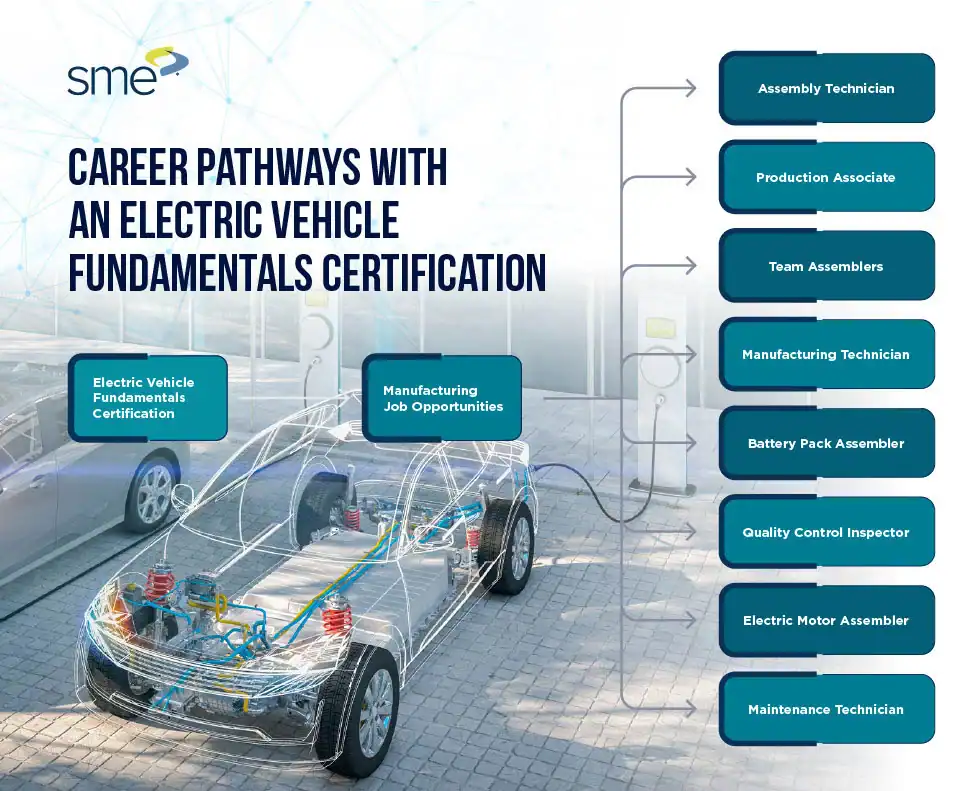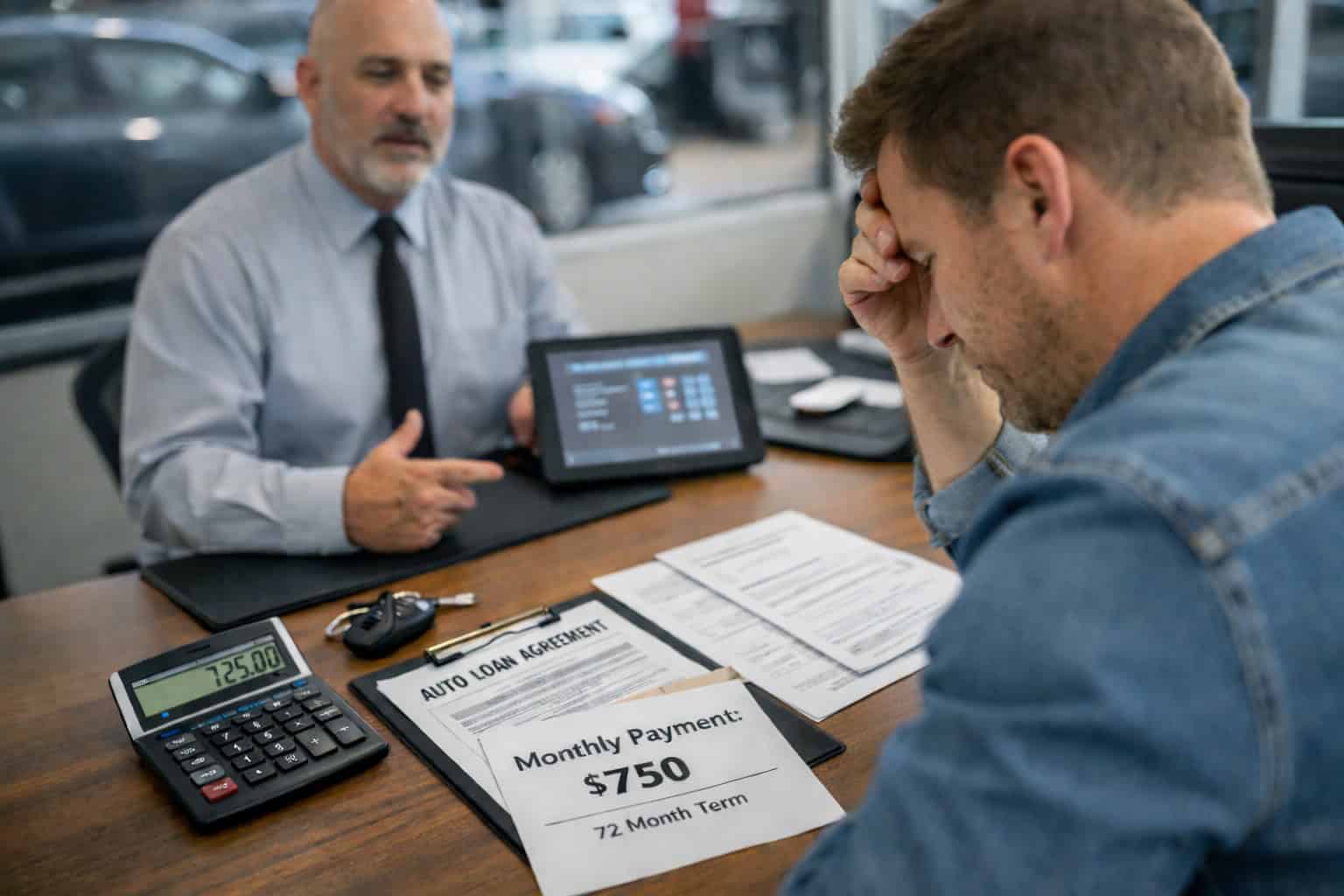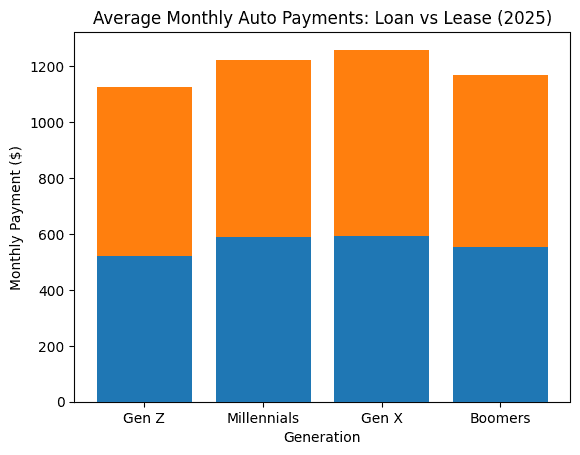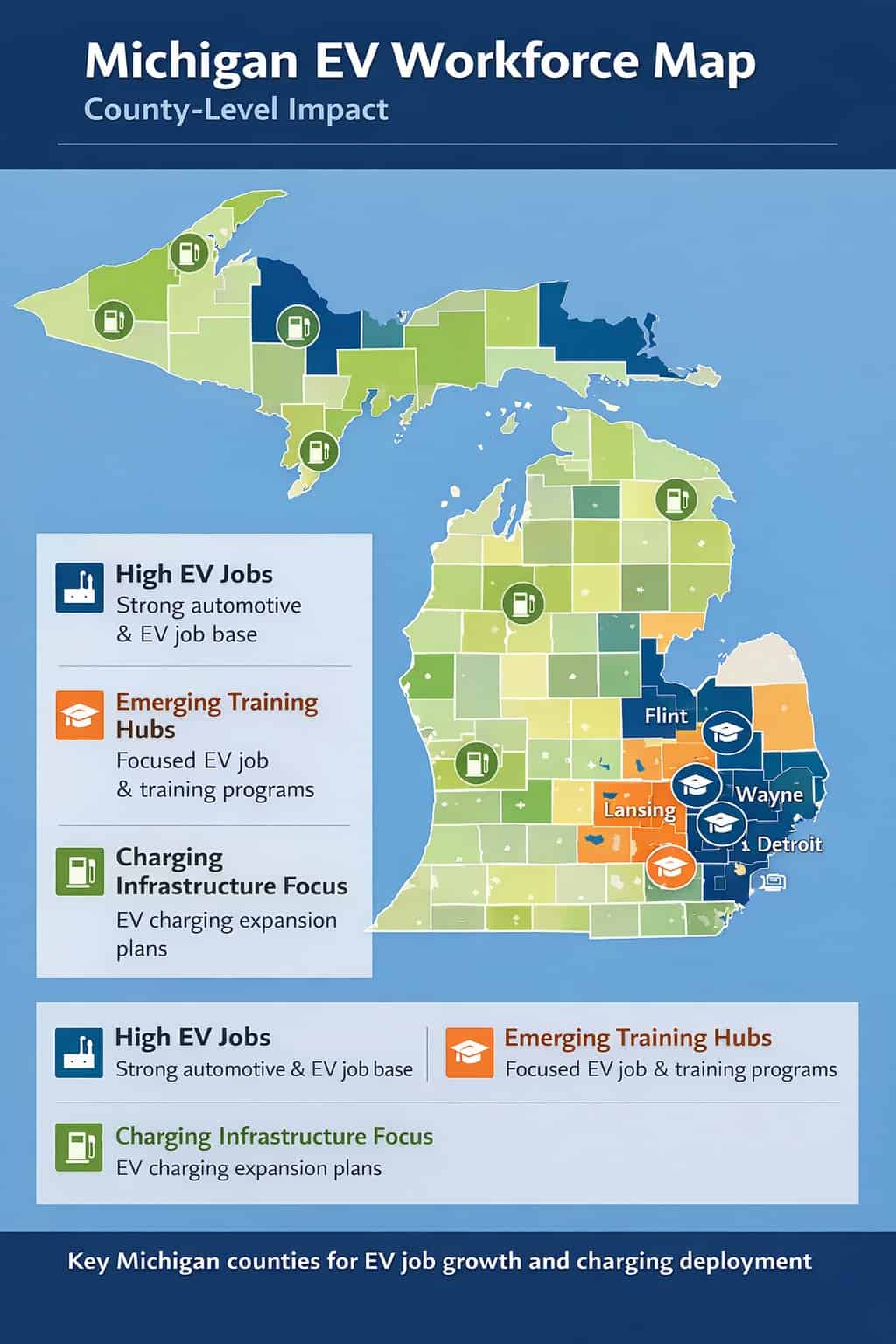TEXAS – A former Battery Module Design Engineer at Tesla is of the opinion that the sodium-ion battery technology of his Bedrock Materials startup is ready for use in a 300-mile EV at a price lower than the current cheapest LFP cell tech.
According to Spencer Gore, “it’s looking almost certain that sodium-ion will get better than lithium-ion phosphate, the cheapest lithium-ion,” and this will open the door to the proverbial sub-$25,000 electric car like the Tesla Model 2 that never materialized.
Back in a 2020 earnings call, Elon Musk clarified why Tesla is striving to offer at least 300 miles of range with its electric cars. “With regard to passenger vehicles, I think the new normal for range is going to be, just in U.S. EPA terms, approximately 300 miles,” he said, adding that the expansion of the Supercharger network will make much longer ranges not only cost prohibitive, but also unnecessary.
Spencer Gore now says that in the beginning, Tesla and other EV makers focused on performance electric vehicles for early adopters and sports car enthusiasts where cost wasn’t an issue. They were mostly cars in the premium range that used nickel, lithium, cobalt, and other expensive metals in their battery chemistry with little recourse from the customers in terms of price.
Now that the EV market has more or less matured, he added, the onus is on the cheaper iron phosphate (LFP) battery chemistry that Tesla uses in the RWD Model Y and Model 3 versions.
His Bedrock Materials startup, however, is looking to commercialize an even cheaper battery technology that doesn’t use lithium at all. The company has developed a cathode that replaces it with sodium, and also uses other abundant materials like iron, aluminum, or manganese.
The latest material advancements in sodium-ion battery materials have also addressed their energy density disadvantage that prevented them from being installed in anything but compact city cars, too. Spencer mentions that batteries with Bedrock’s sodium cathode can now be only slightly larger than the 300-mile LFP packs to achieve the same capacity, adding an extra weight equivalent to another passenger.
While that would be too much for a performance EV, it is perfectly acceptable for a mass market electric car that would cost below $25,000 thanks to the affordable sodium battery chemistry.
Bedrock Materials is already producing the cathode components needed, and just got $8 million in seed money to scale up their domestic production, which would eventually help make cars with its sodium-ion cells eligible for the federal tax credit subsidy.






